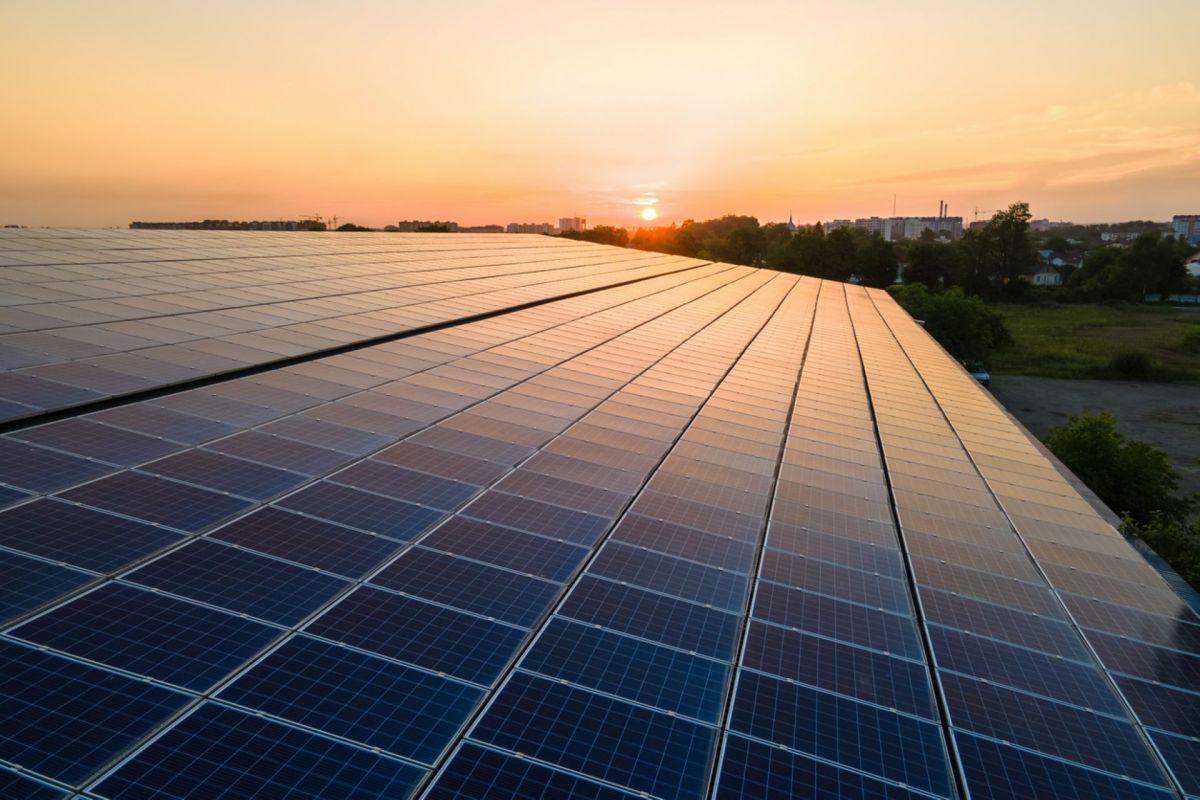Renewable energy resources saw "massive" and "historic" expansion globally in 2023, with the fastest growth still to come, according to a major new report released in January.
Renewables 2023, an assessment by the International Energy Agency, reported that the world's capacity to generate electricity from renewables (solar, wind, and other power sources that don't burn polluting fuels) expanded by 510 gigawatts in 2023, which is 50% more than the also-hefty amount added in 2022.
The 2023 expansion was "equivalent to the entire power capacity of Germany, France, and Spain combined," IEA's executive director Fatih Birol (@fbirol) shared on X, formerly known as Twitter. The post included a graph showing the expansion of renewables since 2015.
The world added a historic 510 gigawatts of renewable power capacity in 2023, up 50% from a year before
— Fatih Birol (@fbirol) January 11, 2024
Under current policies & market trends, global renewable capacity is set to be 2.5 times higher by 2030, not far off the COP28 goal of tripling
More: https://t.co/gNMLDLgkOA pic.twitter.com/XTNRNPleuF
Along with its analysis of 2023 data, the IEA projected that renewable power will see its "fastest growth yet" over the next five years.
This forecast puts the renewables sector on track to see global capacity increase to 2.5 times its current level by 2030. That's short of the pledge to triple renewables by that time. In December, 118 nations supported the initiative at the UN Climate Conference (COP 28).
The IEA contends that governments can make up the difference. To do so, they will need to overcome hurdles such as insufficient financing for renewables in emerging and developing countries.
"Global renewable capacity is already on course to increase by two-and-a-half times by 2030. It's not enough yet to reach the COP 28 goal of tripling renewables, but we're moving closer — and governments have the tools needed to close the gap," Birol said in a statement.
Other key points from the report include the finding that China's 2023 expansion was enormous — the nation commissioned as much new solar last year as the entire world did in 2022. Europe, the United States, and Brazil all set their own records for renewable expansion in 2023. And solar and wind are expected to continue to drive the vast majority (up to 95%) of future renewables expansion.
Meeting future goals for clean, renewable energy capacity has significant implications for the worldwide efforts to limit the worst effects of an overheating planet. Put simply, countries will need new sources of electricity if they are to replace fuels that produce planet-heating pollution.
As for impacts on individuals and businesses, the expanded production of renewables is already making solar panels much cheaper, as the IEA noted. Coupled with incentives, this should make it cheaper and more favorable for more people to invest in rooftop panels or community solar.
Despite the positive news about renewables, the IEA and others responding to the report recognize that progress should continue to be tracked.
An article in Utility Dive quoted Ray Long, president and CEO of the American Council on Renewable Energy: "The IEA's new report highlights two major themes we know to be true: 1) a record amount of clean energy is being deployed worldwide and 2) while impressive, we can't rest on our laurels now."
Kaveh Guilanpour, vice president of international strategies at the Center for Climate and Energy Solutions told Utility Dive: "What some people were saying was impossible only a few years ago is not only possible, but it is happening. We now just need to make it happen faster."
Join our free newsletter for weekly updates on the coolest innovations improving our lives and saving our planet.









